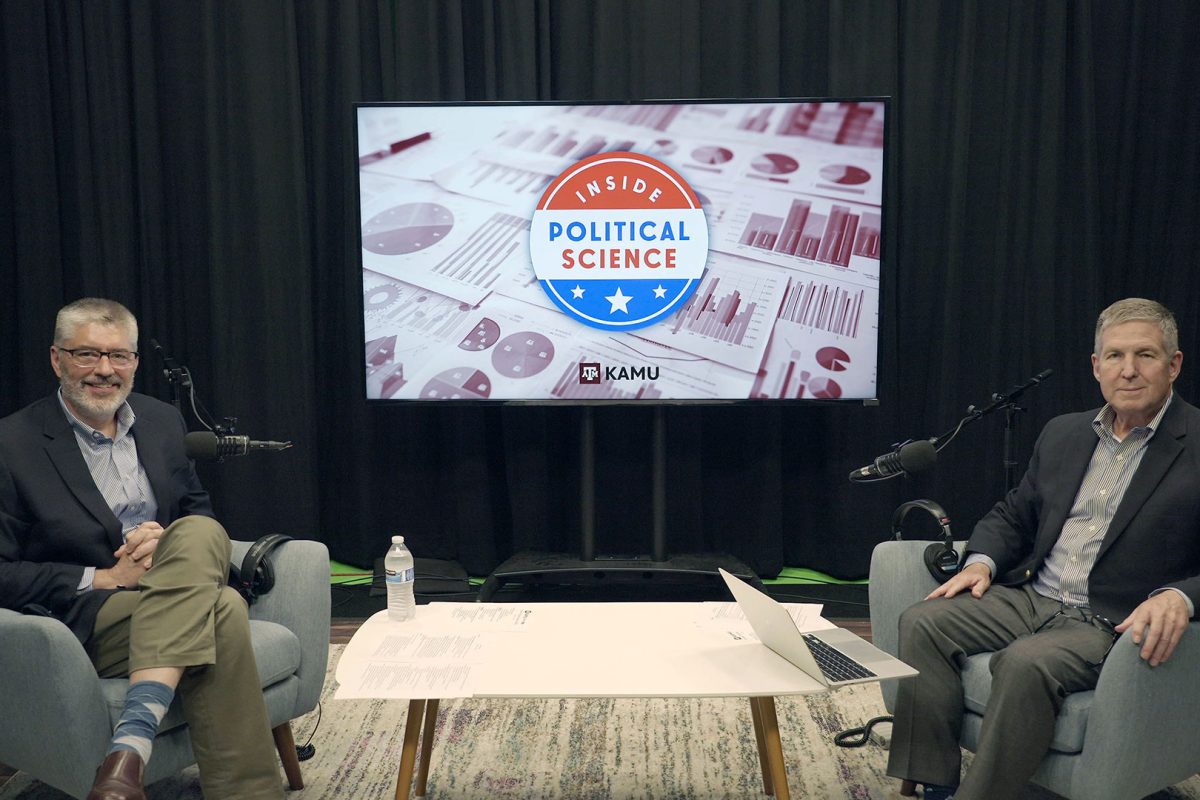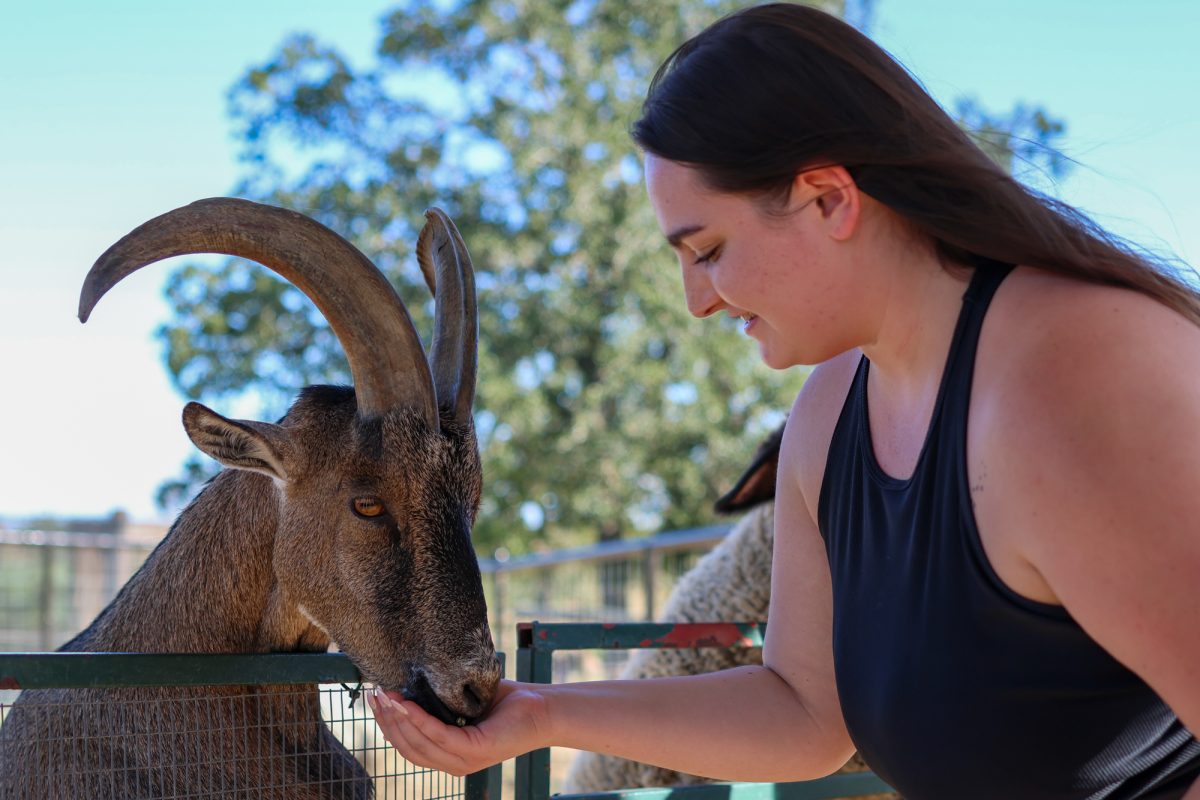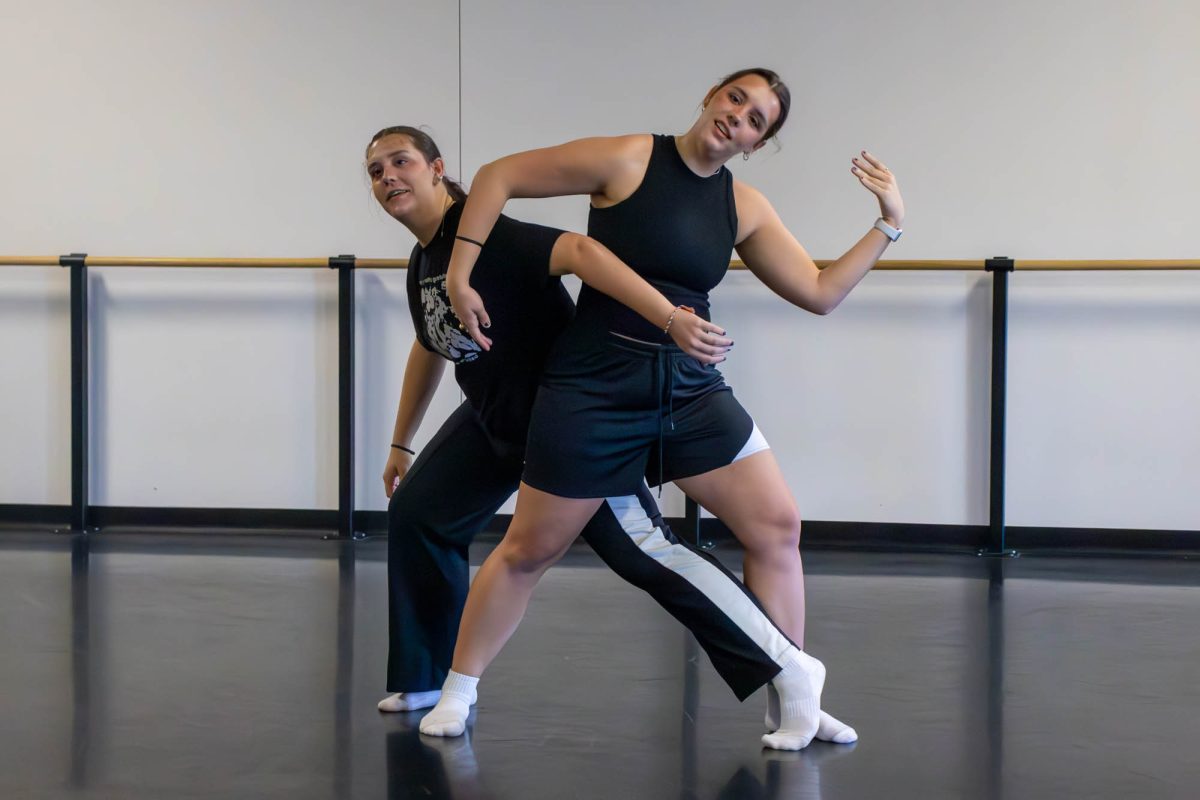Scuffed Sunday school shoes lie in the back of a closet, five years too old and three sizes too small. An alarm clock sits idly on a shelf, silently keeping track of the minutes that no one is awake to count. Its been quite some time since it woke anyone on a Sunday morning.
In a study done by the Pew Research Center in 2010, 25 percent of the Millennials Generation (adults age 18 to 29) describe themselves as religiously unaffiliated, identifying as atheists, agnostics or nothing in particular. This is a significant increase from the numbers reported by Generation X members and Baby Boomers in the late 1990s and late 1970s, respectively.
Millennials make up the majority of students filling up classrooms in universities and colleges across the country, creating a unique atmosphere not experienced by the students that filled those same classrooms 20, 40 or 80 years prior. The familiar labels, terms and backgrounds have evolved to create a generation that identifies themselves in an unprecedented way.
Though many millennials grew up with some sort of religious background or at least in a nominally religious environment, they often do not feel compelled to maintain this label if they do not believe. Students such as junior history major Luis Fayad grew up Catholic but never really believed in the God that was presented.
To be honest, God and Jesus were kind of like Santa Claus something you were told exists and that he loves you, Fayad said. Be good or hell punish you, etcetera, etcetera. I never really questioned it; I just went through the motions.
Fayad, who now identifies as an agnostic atheist, which can be loosely defined as one who does not belief in the existence of a deity and that furthermore this is existence is unknowable as truth, attended a Catholic high school and said his study of the Bible was what eventually solidified his disbelief.
Upon reading it, I just couldnt believe any of it, he said. It just seemed way too far-fetched, it doesnt add up with how we know the universe works. It doesnt add up with stuff we know historically.
Justin Carpenter, senior political science major and agnostic atheist, said he studied various religions as an adolescent before finally finding his beliefs lie outside of religion.
It seemed like going with no answer at all was better than trying to pretend you had an answer, Carpenter said.
This studious exploration of religious beliefs is what Carpenter said he believes is contributing to the rise in those that do not identify with any particular religion at all, especially through resources such as the internet that were not available to older generations.
Most of these kids are starting to get access to the internet at an earlier age, Carpenter said. The internet is an astoundingly liberalizing force when it comes to information.
Colin Breedlove, senior mechanical engineering major, who identifies himself as atheist, said this access to information allows young adults to explore every facet of the religion they call their own.
Its a lot harder to ignore any of the hypocrisy or anything that doesnt quite match up, because you see everybodys take on it if you want to look for it, Breedlove said. “And I think Millennials are looking a lot more than other people.
Ali Mendha, senior anthropology major and secular humanist, said many of these cultural changes can be attributed to the new ways Millennials are viewing themselves, defining themselves and then applying labels, rather than conforming to the labels that have been given to them.
The generation were all from, its not about following morals as they have been, Mendha said. Its being who you are as a person. Personhood has become a much bigger part of todays generations culture.
Mendha said the process of defining himself as a secular humanist is important to his own identity, just like students who identify as Christian or Muslim.
My lack of religion is my passion, in a sense, Mendha said. It is still my belief system.
The religiously unaffiliated make up a large minority of the countrys college-aged population, and some of these students at Texas A&M say they find themselves part of an out group plagued by stereotypes and misinformation. The Princeton Review ranks Texas A&M the 13th most religious campus in the country.
Faithful unbelievers
February 3, 2013

0
Donate to The Battalion
$70
$2500
Contributed
Our Goal
Your donation will support the student journalists of Texas A&M University - College Station. Your contribution will allow us to purchase equipment and cover our annual website hosting costs, in addition to paying freelance staffers for their work, travel costs for coverage and more!









